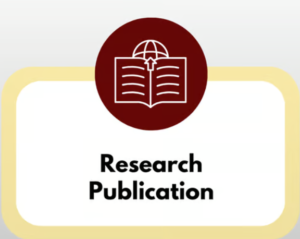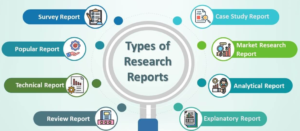The Research Clerk Agency conducting a Social Compliance Audit would follow a structured process to assess a company’s adherence to social responsibility standards, including labor rights, workplace safety, and ethical business practices. Here’s the step-by-step outline of how we could perform a Social Compliance Audit for your organization.
Pre-Audit Preparation
Define Audit Scope: Determine the scope and objectives of the audit, including the specific standards or codes of conduct to be assessed (e.g., SA8000, XYZ Labor Company).
Develop Audit Checklist: Create a comprehensive checklist or questionnaire based on the selected standards, covering areas such as child labor, forced labor, working hours, wages, health and safety, discrimination, and grievance mechanisms.
Schedule Audit: Coordinate with the audited company to schedule the audit dates, ensuring that relevant personnel and documents will be available for review.
Document Review
Collect Documentation: Gather relevant documents, such as employment contracts, payroll records, health and safety policies, training materials, and grievance procedures.
Review Documents: Examine the documentation to assess compliance with applicable laws, regulations, and social responsibility standards.
On-Site Audit
Conduct Interviews: Interview company personnel, including managers, supervisors, and workers, to gather information about workplace conditions, policies, and practices.
Site Inspection: Conduct a physical inspection of the workplace facilities, including production areas, dormitories (if applicable), cafeterias, and restrooms, to assess compliance with health and safety standards and worker accommodations.
Worker Interviews: Conduct confidential interviews with a sample of workers to assess their awareness of their rights, working conditions, and any grievances they may have.
Data Collection and Analysis
Collect Observations: Record observations and findings from document reviews, interviews, and site inspections using the audit checklist or questionnaire.
Analyze Data: Analyze the collected data to identify areas of non-compliance, root causes of issues, and potential corrective actions.
Reporting
Prepare Audit Report: Compile the findings and observations into a comprehensive audit report, documenting areas of compliance, non-compliance, and opportunities for improvement.
Provide Recommendations: Offer practical recommendations for corrective actions and improvements to address identified non-compliance issues and enhance social responsibility performance.
Deliver Report: Present the audit report to the audited company’s management, highlighting key findings, trends, and recommendations for remedial actions.
Follow-Up and Monitoring
Track Progress: Follow up with the audited company to monitor the implementation of corrective actions and improvements based on the audit recommendations.
Conduct Follow-Up Audits: Schedule follow-up audits to assess progress and verify compliance with corrective actions over time.
Continuous Improvement
Facilitate Learning: Provide training and capacity-building support to the audited company’s management and employees to enhance their understanding of social compliance requirements and best practices.
Promote Collaboration: Encourage collaboration and knowledge-sharing among stakeholders, including industry peers, NGOs, and government agencies, to drive continuous improvement in social responsibility performance.
To following this systematic approach, The Research Clerk Agency will effectively conduct Social Compliance Audits to help companies uphold ethical standards, protect worker rights, and promote sustainable and responsible business practices.










